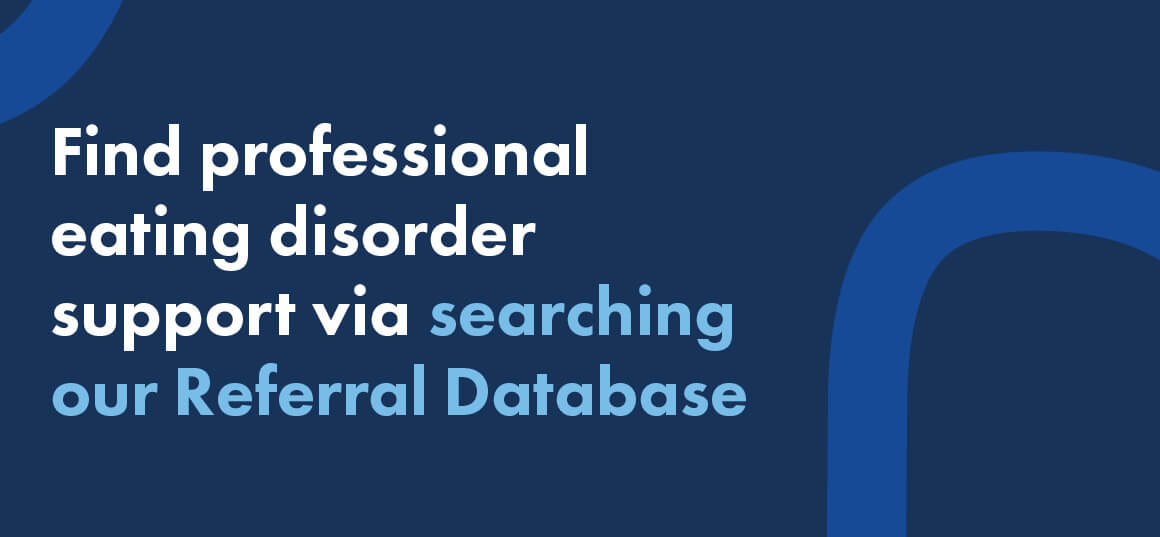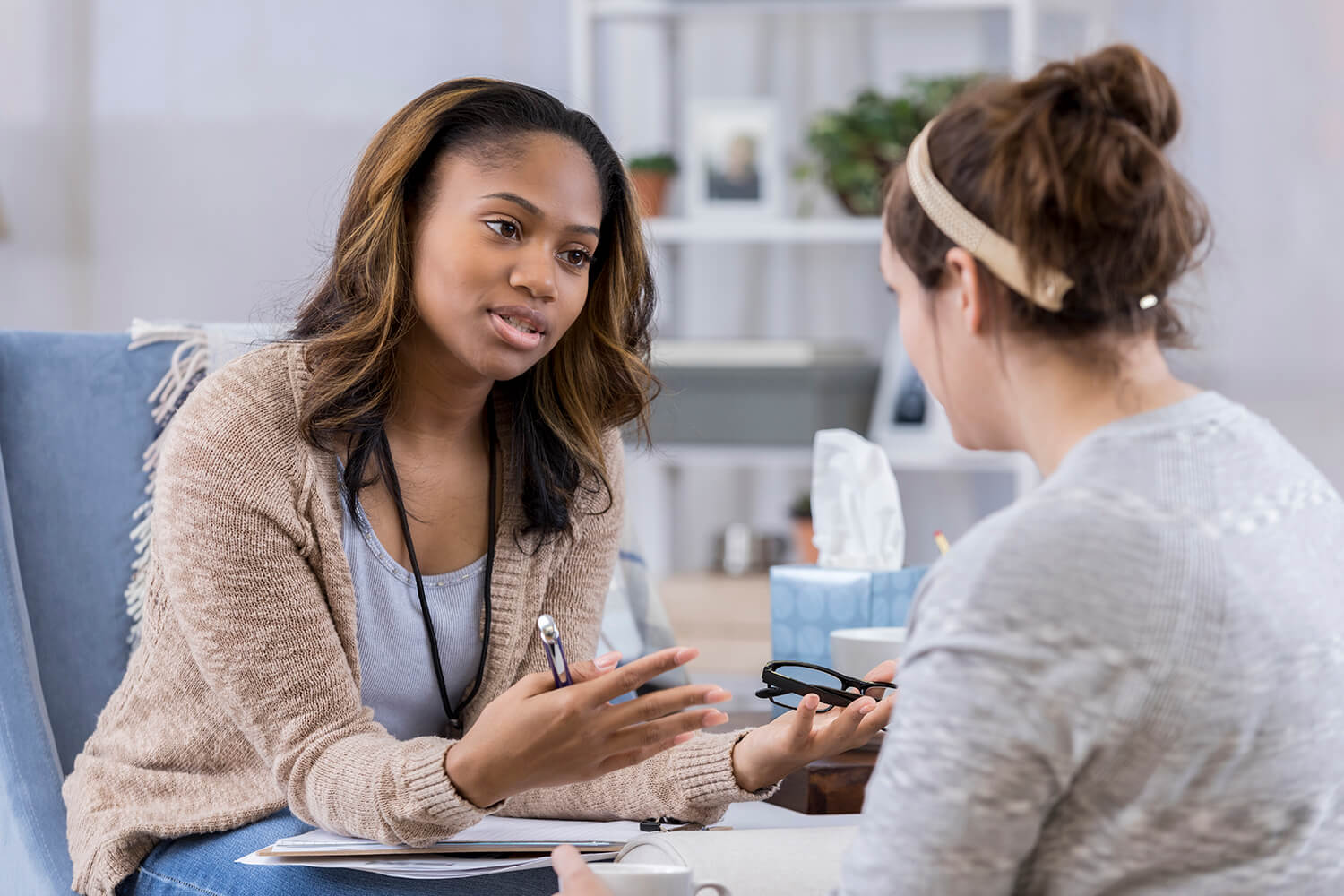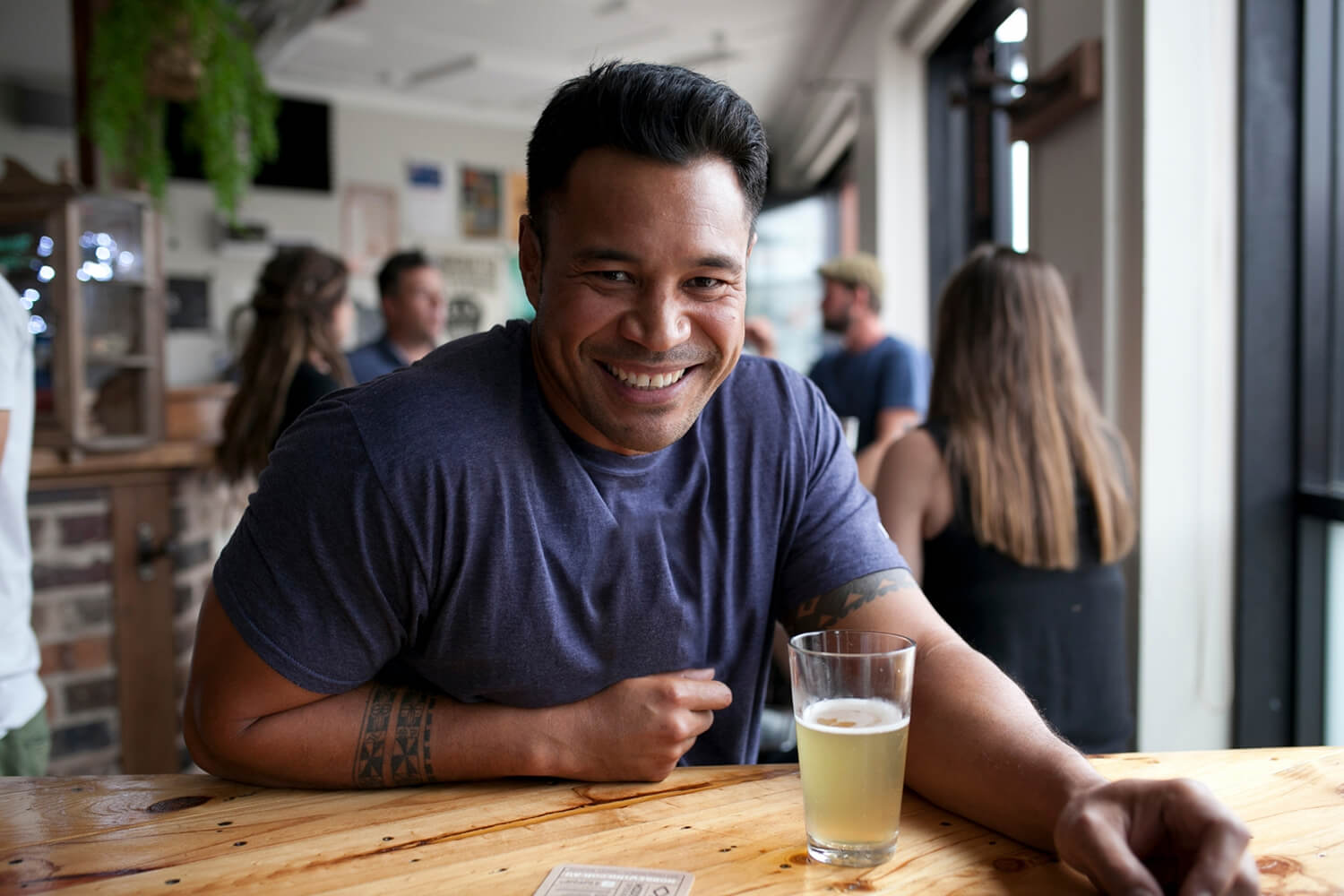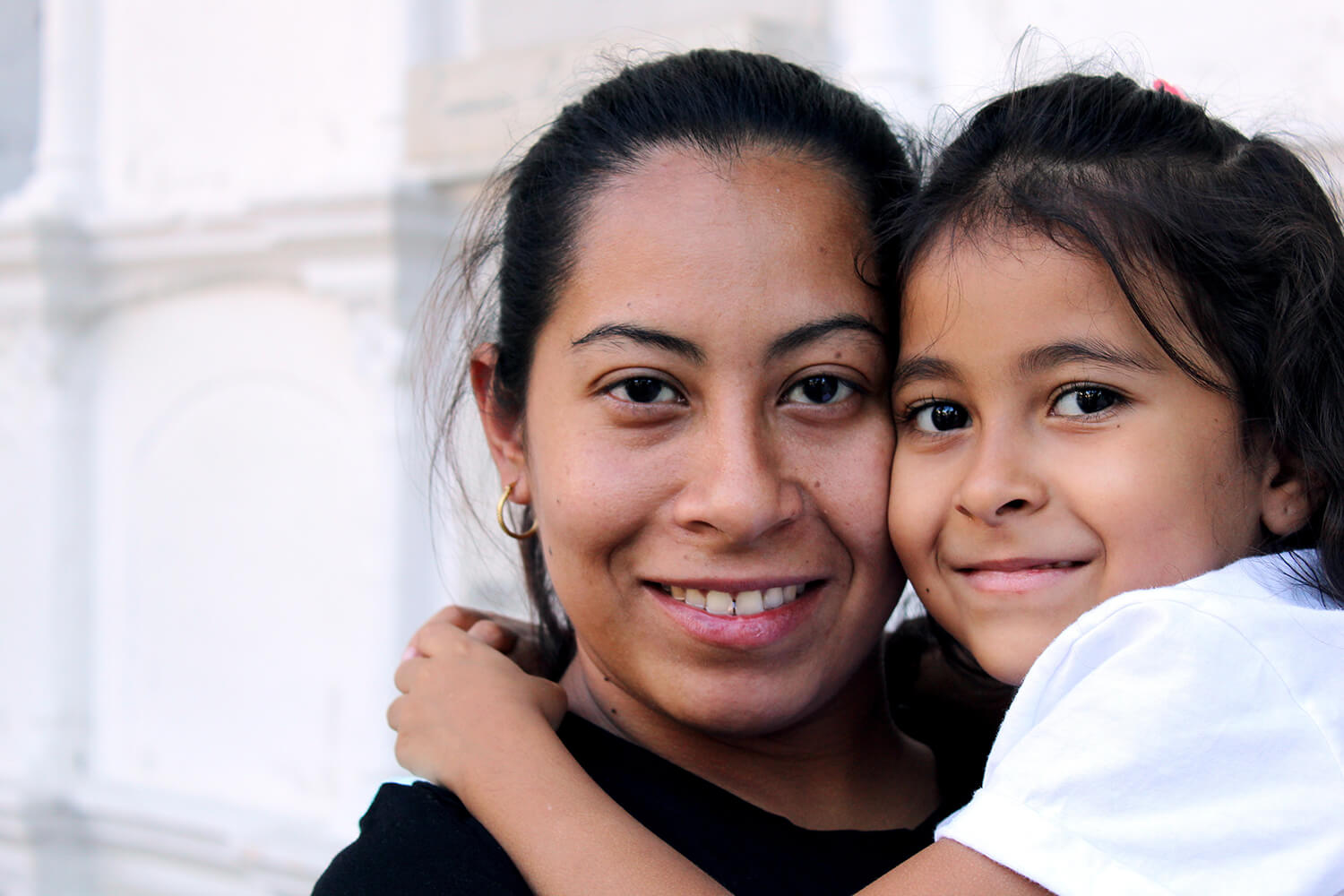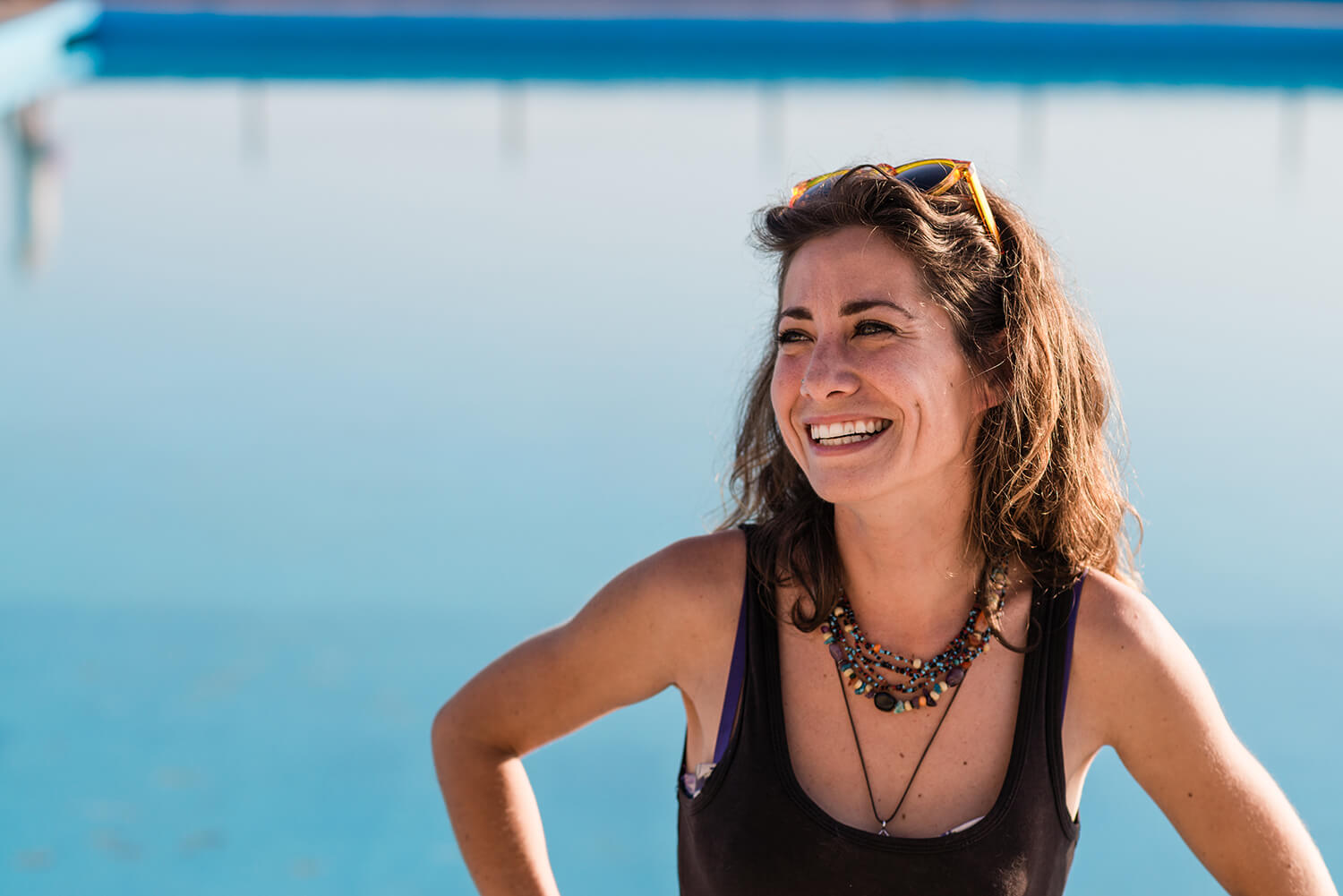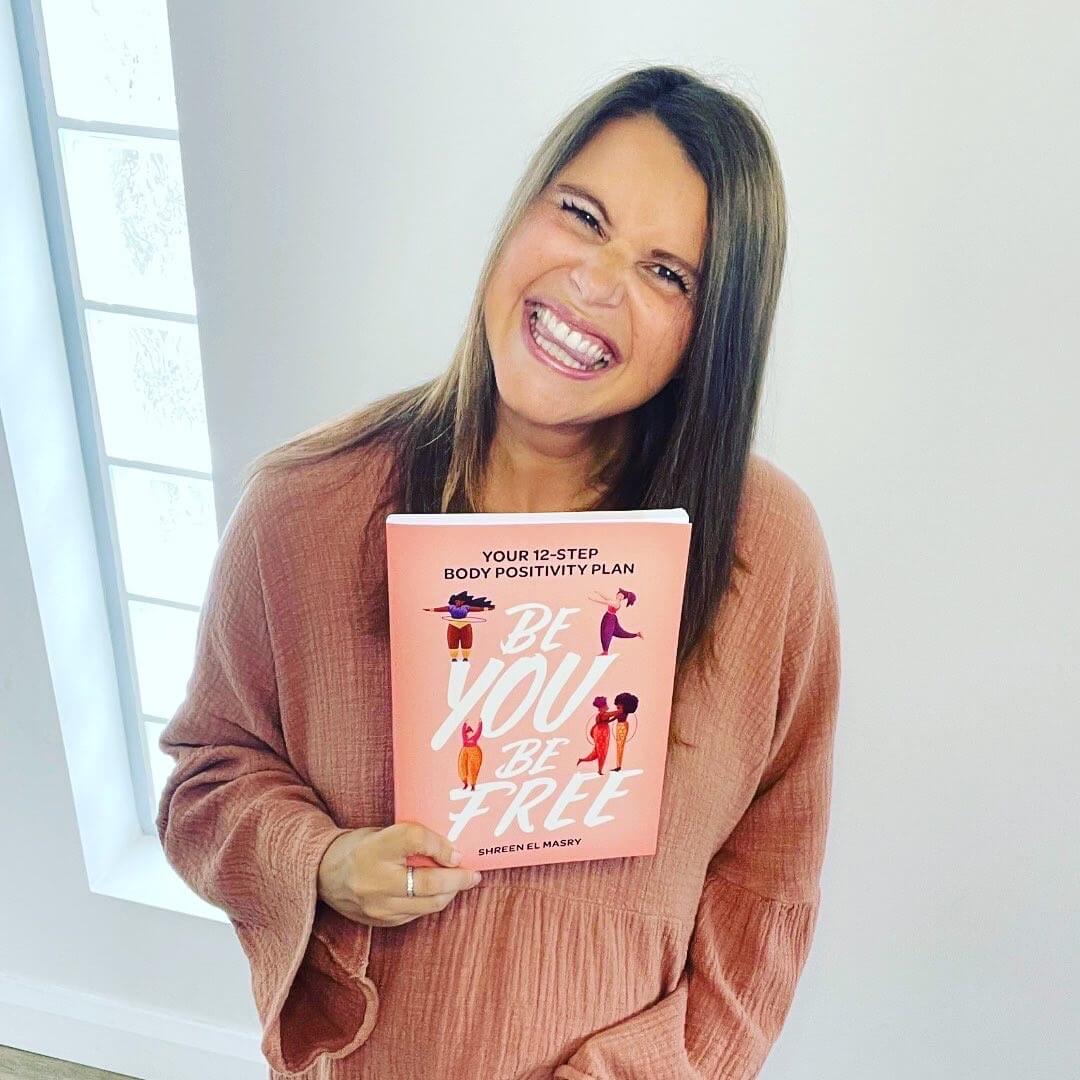My journey as a male with Anorexia: what helped me recover?
Wave 1
I have always had an anxious, obsessive-compulsive brain, from ever since I can remember. I worry and ruminate about things excessively, obsess over little things, engage in compulsive acts to suppress them, and I have a desire to control things I can’t. I have also suffered from low self-esteem since I can remember, meaning I struggled finding things which would make me feel ‘worthwhile’, so when I found something, I clung to it significantly.
At the age of 10, I began to comfort-eat following my parents getting divorced, which lead to me gaining some body fat. Kids at school would tease me, and football coaches would be harsh on me for my poor fitness. Unfortunately, me seeking safety in coping through food following the trauma of my parents parting, was targeted by child immaturity and diet culture. This began to hurt more and more, and I anxiously needed to do something about it, going to bed on a nightly basis worrying about how much fat I was accumulating. Not something anybody, let alone a 10-year-old, should need to worry about.
At age 11 (2009) I decided to cut out fat sources from my diet wherever I could, watching over my parents/grandparents when they prepared food for me, and becoming terrified of eating fat in my food. I was blind to what I was doing- I thought losing weight would be the ‘right thing’ seeing as I was receiving so much negativity for looking the way I was.
I lost a lot of weight, which I perceived to be a ‘good thing’ as people had stopped teasing me, and I began to run better in sport. I was starting to see ‘abs’, like what other smaller-framed boys my age had, and I began to feel proud of what I had ‘achieved’. Despite this, it was exhausting – monitoring food, actively seeking foods to restrict, arguing with family members, and more. Thankfully, my mum being worried about me, took me to a dietitian who helped to repair my relationship with food at the time.
Wave 2
A few years later at age 14 (2012), a mentally vulnerable age with bodies changing, and loving relationships/sexual attraction coming into the mix, I began to start being body and fitness conscious again, as it was something I tied very strongly with my self-esteem.
I ran frequently to try and increase my cardiovascular fitness, made a higher-level cross country, and became increasingly focused on my body fat levels from an appearance angle. I held an obsessive belief that to attract women, I needed to be athletic and have visible abs for show- this was so real to me, that losing fitness or visible abs was frightening.
A girlfriend broke up with me halfway through 2012, leading me to spiral into obsessing even more strongly over my fitness and body image to regain my sense of self. This deteriorated rapidly over the next six months whereby I obsessively restricted my food intake and increasingly forced myself to exercise excessively. It was never really about the scales for me.
Reflecting on this 9 years later, I can now see how obsessed for control and ‘safety’ in forming my identity I was around fitness and my body, that I was blind to the fact my excessive exercise and food restriction was doing the opposite of increasing my fitness.
I was very food-restrictive, and frequently engaged in anxious body-checking. Every day, things got more tiring, slower, less enjoyable.
My parents and family tried to intervene, expressing worry for my health, and my parents ended up taking me back to the dietitian I saw in 2009. But I was in too deep- no matter whether people come across as caring or forceful, when the eating disorder is in control of your mind, anybody trying to help you is perceived as an enemy. Straying from the strong rules (it) has created is terrifying, and no matter how tired, hungry and in pain you are, continuing to do what you are doing feels safer than the risk of ‘becoming fat’.
On December 4, 2012, I was admitted to the Monash Medical Centre emergency department and was later informed that in a few more days I may have lost my life. I finally realised something was wrong, and as unforgettably difficult as it was, I needed to surrender control from my eating disorder, and place it in the hands of health professionals.
In Australia, one third of people with eating disorders identify as male. Read more about males with eating disorders here.
My Recovery
This could be answered in many ways because I count my recovery journey to have started at my hospital admission in 2012, through until 3-5 years ago. I’ll speak about certain examples from different stages.
Talk Back to It + From a Future Vision
In hospital I went through waves, alternating between when my eating disorder was in control and I would enter a powerful depressive breakdown, followed by periods of positivity and hope. These waves lasted for hours, sometimes days long, but as I became more physically nourished and time progressed, the positive waves became more frequent.
Every time a positive wave came, I wrote down all my positive thoughts from my rational brain. For example: “don’t listen to it, it’s wrong”, “think of all the things you are missing, how great is it going to be to gain these back when you’re recovered”, “everybody around you want you to be healthy and happy, why would you trust something which has hurt you over them”, and more.
Whenever a negative state came on, I would refer to my positive notes and talk back to the ED, framing it as something harmful which no longer deserved my time and attention. Every time I talked back to it, I got stronger at doing so, better at shutting it out. It was harder, before it got easier.
I realised that after all the pain it had caused me, all the joy it had stripped from my life, I needed to accept that something which was taking so much of my life away wasn’t worth my mental attention anymore. All the lies it was telling me, even though they felt so real and so scary, became nothing compared to how much I wanted to live again.
Family, friends, relationships, sport, travelling, FOOD, and most of all, LIFE, were things I wanted back so dearly. Very soon it became less about needing to shut the voices out, and more about doing everything I needed to go home and work on building my LIFE back.
Responding to Relapses
Over the summer of 2013/2014 my mum and her partner at the time took me to Southeast Asia, a place I had always dreamt of visiting. Despite enjoying the trip, I was away from home and exercise routines, and I restricted my intake to some degree over there, subsequently losing weight.
Upon returning home I felt weaker, hungrier, and could notice in the mirror I had lost weight; I realised that in Asia I had, to some degree, relapsed.
What was helpful was reflecting on how far I had come in just over a year, all the physical and mental progress I had made, as well as all the wonderful things I had gained back and experienced. It felt powerful to have enjoyed all these things again, knowing everything I had ‘built’. Why was I going to let a little relapse turn that around?
Like the strategy I used in the hospital, I talked back to voices in my head, and did my best to proactively add extras to my meals, empowering myself to try and build myself back up. It felt great once again, overpowering ‘it’ and proving to ‘it’ what I really wanted.
Goals to build myself and be strong
Throughout my recovery journey, I progressively came to learn that I didn’t really enjoy running. Exercise is important and valuable, but only movement which you enjoy, and which adds positivity to your day.
From 2015 onwards, I fell in love with the gym and lifting weights. There was something peaceful about being in there which I enjoyed, and the notion of engaging in this exercise to ‘build myself up’ complemented my recovery in my mind.
Unfortunately, aspects of my mind to some degree that are still less recovered, interfered with me fully engaging with and enjoying the gym. I wanted to build my muscles to be stronger, but aspects of diet culture promoting large, muscular men, with very low body fat percentages, made me nervous to put on body fat in the process. Again, I measured my attractiveness based on how ‘muscular’ and ‘ripped’ I was, and thought I was unworthy of attracting women if I was anything less. This mindset prevented me from seeking the advice of exercise professionals to help me progress and lead me to compulsively run on the days of my gym sessions as well, because I believed I needed to keep my body fat levels low.
A year or so later, I was aware that I had let ‘its’ voice back in again, which coincided with a stressful first year of university for me. If this happens, it’s important to remind yourself that you are not a failure, you are not weak, and it’s okay. Learn from these experiences where it creeps back in during stressful times which are harder to control, and when you feel yourself becoming stressed, turn to a friend, family member or even health professional- these people WANT to help you, your ‘it’ doesn’t want to help you. In essence, be aware of who you turn to.
Today
3-4 years later, and I find myself today.
So much has happened in that timeframe I could write a book, but I’m not going to bore you with that.
Through my studies, reading, following, reflection and more, I have finally found a place where I am most at peace with my food, and much more at peace with my body.
Almost a Dietitian, I now see food as so very much more than something which influences my body size and shape. I do strive to eat a healthy, balanced diet, but this is flexible, relaxed, enjoyable, non-rule bound, and I feel comfortable eating out on special occasions when I feel like it. I have learnt that healthy eating is only healthy if it is rule and anxiety free. Food is fuel, food is culture, food is social, food brings life. There is so much to enjoy about it, and I don’t want to deny myself of those experiences anymore.
After qualifying as a personal trainer and being blessed to have met multiple amazing coaches and learn about certain exercise science, I now appreciate lifting-weights as truly being something to build my mind and physical strength. Although I have goals to build muscle mass, I have now learnt to find more enjoyment and satisfaction in feeling my muscles working and getting a little bit stronger week by week. Rather than focusing on what my body isn’t (IE comparing myself to men with bigger muscles and/or lower body fat), I focus on the progress I HAVE made, and everything my body CAN do in the gym. This helped me truly fall in love with lifting weights.
I still have negative body image days- they will come. In a society which glorifies muscular, low-body fat, tall, tanned, ‘handsome’ men, it is hard not to feel insufficient and less-worthy of success and female attention sometimes.
However, whenever these thoughts creep in- “your arms aren’t big enough”, “your shoulders aren’t broad enough”, “you don’t have enough ab-definition”- I use the self-talk power I have built up over these years to shut them down and remind myself of the life I have built back, and everything to enjoy about it. I remind myself that no matter what the Western world tries to depict, the way I look, and shape of my body do NOT determine my worth, who I am as a person, or my ability to achieve what I want to in life. Those who matter in my life care about so very much more than that.
I, and human beings, are so much more than what they look like on the surface.
About Alex:
 Alex is a student dietitian set to graduate from Monash University in July 2022. After recovering fully from his eating disorder about 5 years ago now, he is embarking on a career path of giving back to the eating disorders and body image community. He holds a strong passion for helping sufferers recover with utmost empathy and compassion, as well as wanting to help health practitioners and the media learn what it’s like to suffer an eating disorder from a past sufferers’ perspective.
Alex is a student dietitian set to graduate from Monash University in July 2022. After recovering fully from his eating disorder about 5 years ago now, he is embarking on a career path of giving back to the eating disorders and body image community. He holds a strong passion for helping sufferers recover with utmost empathy and compassion, as well as wanting to help health practitioners and the media learn what it’s like to suffer an eating disorder from a past sufferers’ perspective.
Learn more about males and eating disorders:
- NEDC Research
- Find out about our RESET program: Deeper conversations about body dissatisfaction and eating disorders, Australia’s first digital body image program for adolescent boys, designed to give young men the opportunity to talk about the pressures they face and concerns they experience in relation to body image.
- Get support









